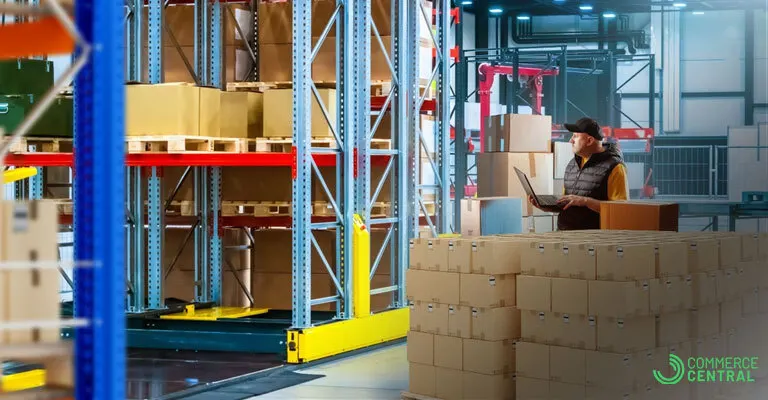

Not every deal is a deal.
If you've ever shopped at a liquidation sale, you've seen it: bold signs saying "60% OFF!" or "Everything Must Go!" But sometimes, those offers hide tricks like raised prices, missing parts, or outright scams.
This guide shows how to separate real closeout bargains from the junk. Whether you're stocking your discount store, buying a pallet for resale, or just trying to score honest savings, here's how to protect yourself and shop smarter.
A big red sticker doesn't always mean big savings.
At some liquidation sales, stores raise the price before offering a small discount. A blender marked "10% OFF" at a store closing might still be more expensive than buying it online at full price.
Do this instead: Before you buy, pull out your phone. Use price comparison tools or check other retail sites. You'll quickly see if that "deal" is really a deal.
Rule of thumb: If it's not at least 30–50% cheaper than market price, it may not be worth the risk — especially if the item is a final sale.
If someone's selling a pallet of iPads for $100, stop.
Scammers prey on buyers looking for liquidation steals. Fake platforms advertise amazing loads — electronics, name-brand clothing, sealed beauty goods — for prices that make no sense.
Red flags to avoid:
Stick to platforms that offer:
Don't rush. A real deal will still be there after a few minutes of research. A scammer won't.
Some bin stores or warehouses use tricks to make cheap stock look better.
One experienced reseller described how a bin store owner placed a $500 item (like a new power tool) on top of a bin full of low-value junk. That item made the whole bin seem like a goldmine — even though most of it wasn't worth $1.
What smart buyers do:
Don't let one good item distract you from 100 bad ones.
Most liquidation purchases are final sale. That means if it's broken, missing parts, or doesn't work — it's your problem.
Always inspect the item, even if it's sealed.
In-person?
Buying online?
If you buy sealed makeup that's already expired, that's not a deal — that's a loss.
There are a lot of new "liquidation platforms" popping up. Some are real. Many are not.
Before you trust anyone with your money, check their background:
Quick test: Search "[Company Name] + scam" or "[Company Name] + reviews."
If anything feels off — walk away.
Reputable platforms are transparent. If someone's hiding basic info, they're not worth your time.
Sometimes, the biggest trap is pressure.
Pushy salespeople, fake urgency signs ("TODAY ONLY!"), Limited-time offers are designed to make you move fast. But if something feels off — it probably is.
Smart closeout buyers know:
Take a breath. Check the price. Ask questions. Then decide.
At Commerce Central, we help buyers avoid the traps and find clean, verified deals that actually move.
We don't just list random pallets. We show real photos, expiration dates (when applicable), and full manifests before you buy. You stay in control. We stay in the background.
Join the only private surplus distribution platform built for trusted Buyers and Sellers.